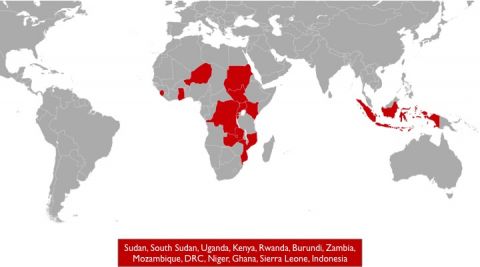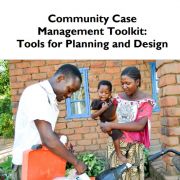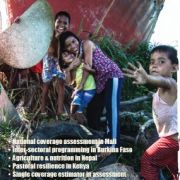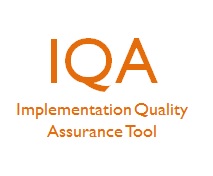
Integrated Community Case Management (iCCM)
What is CCM/ iCCM?
CCM utilizes trained, supervised community members, linked to facility-based services, to deliver curative interventions in the community.
These community members can be formal Ministry of Health (MOH) outreach workers, paraprofessional Community Health Workers (CHWs), or private sector workers, among others. CHWs may perform their duties from their homes, a community-constructed building, or government or private health facility.
Integrated Community Case Management (iCCM) is a strategy to train, support, and supply community health workers (CHW) to provide diagnostics and treatment for multiple illnesses specifically pneumonia, diarrhea, and malaria for sick children of families with difficult access to case management at health facilities
Why iCCM?
- CCM targets the conditions that cause the most child death in developing countries: pneumonia, diarrhoea, malaria, and neonatal causes.
- CCM relies on evidence-based and one of the most cost effective child survival interventions - proven to save the lives of newborns and children under five, at a price that is affordable in developing countries.
- CCM brings curative health care to children in those communities that are hardest to reach.
- CCM is consistent with practices recommended by WHO, UNICEF, and other international health agencies. WHO, UNICEF, and other international agencies have jointly called on countries to adopt and promote policies and programs that have strong community-based components to deliver interventions for diarrhoea, malaria, pneumonia, newborn care, and acute severe malnutrition, while improving services at first-level health facilities.
Where is ICCM happening?

Tools

Publications

